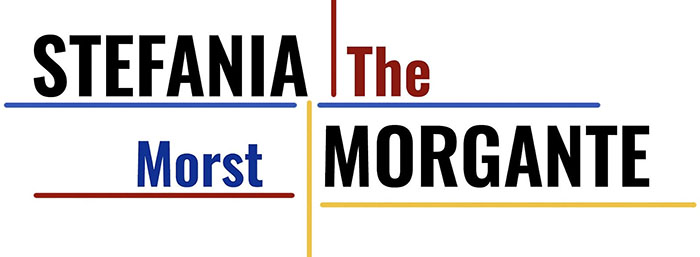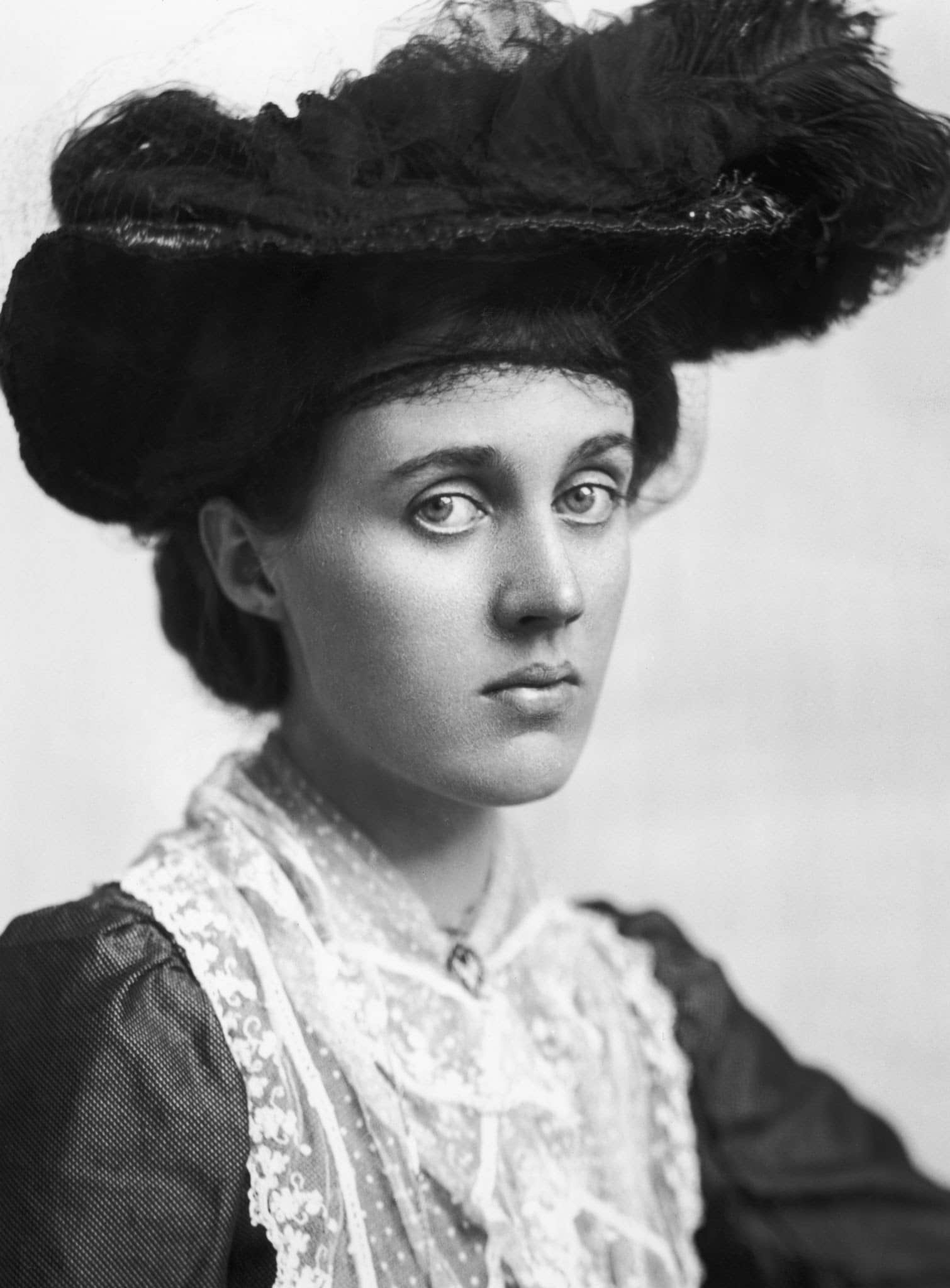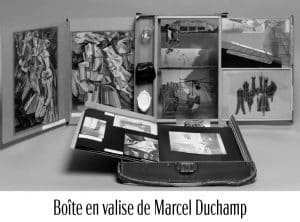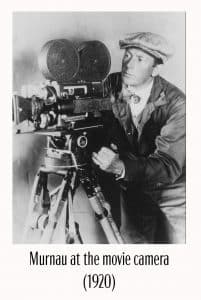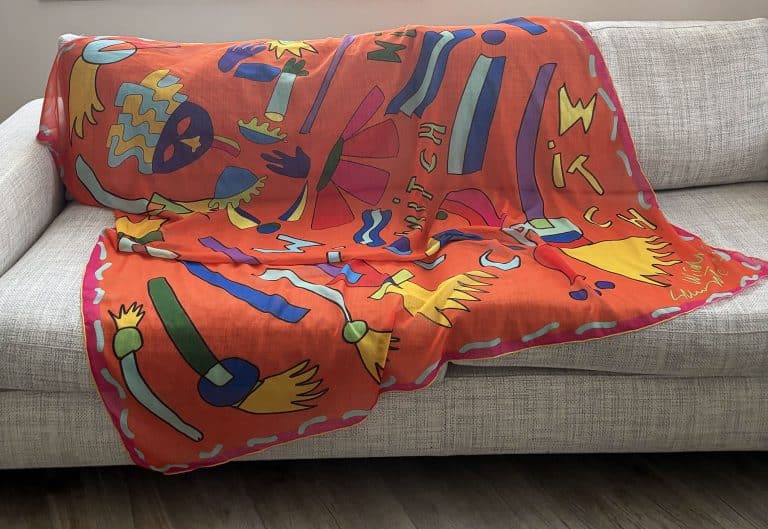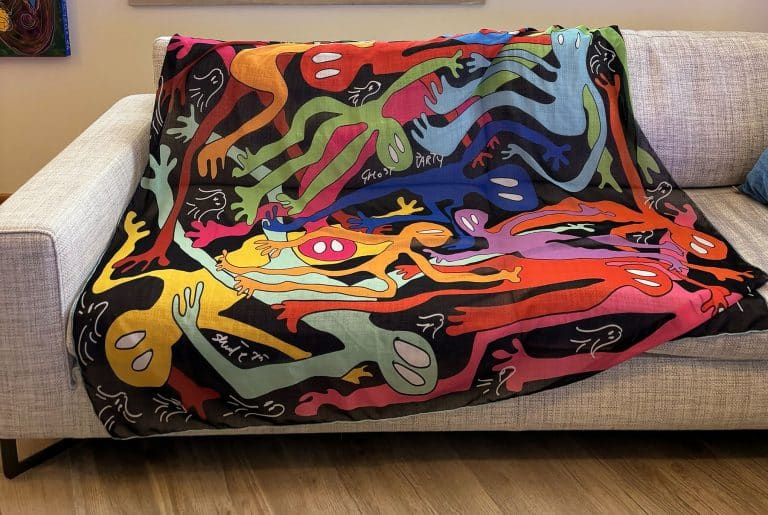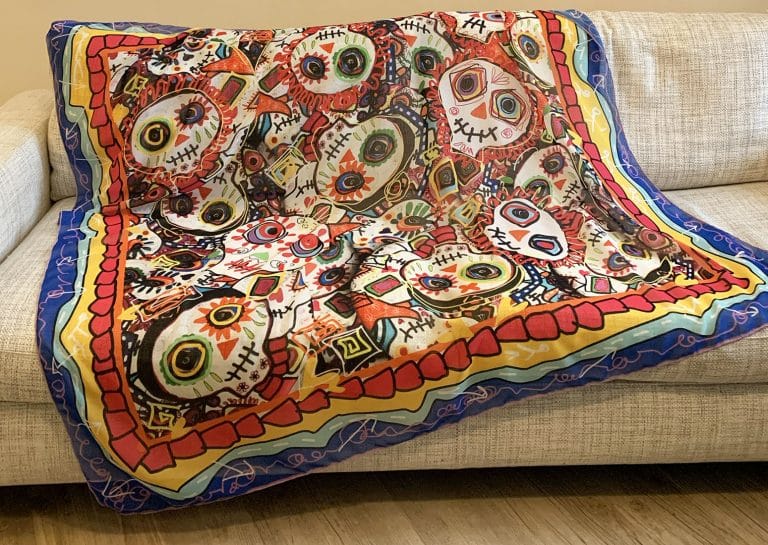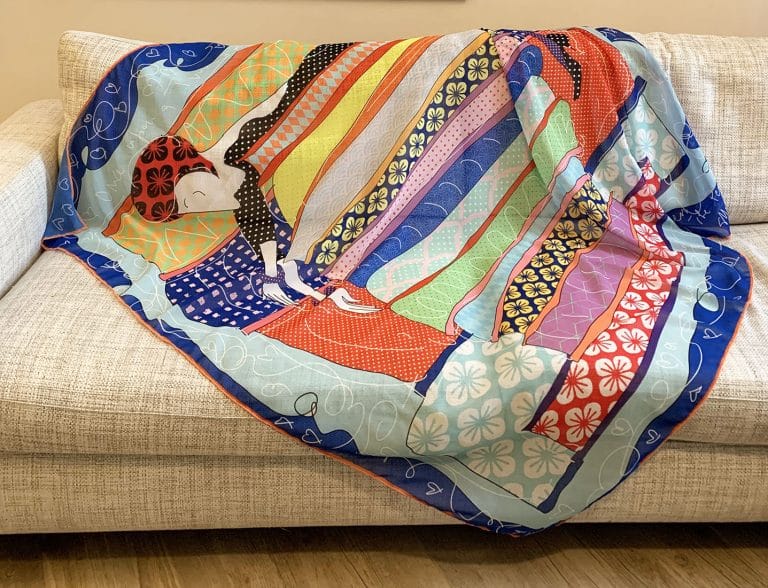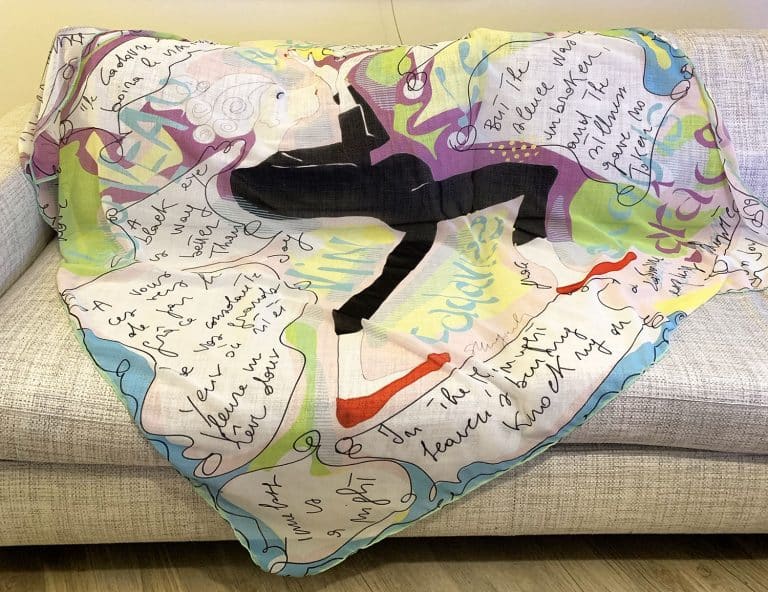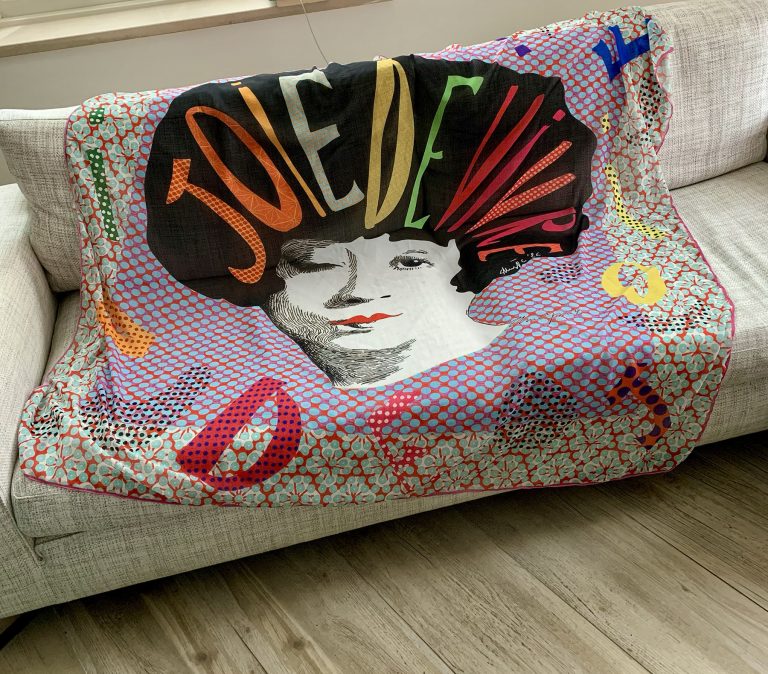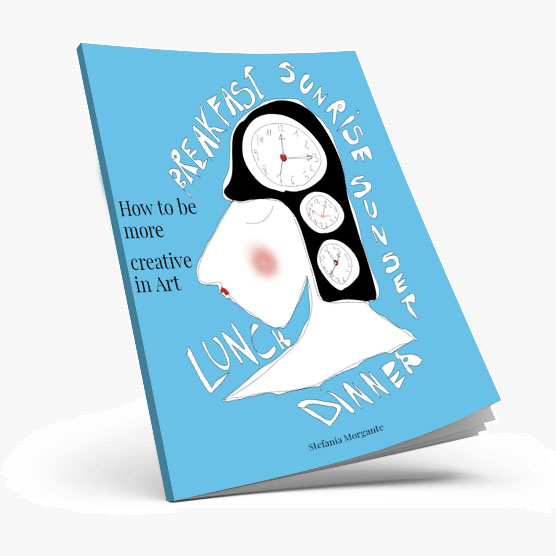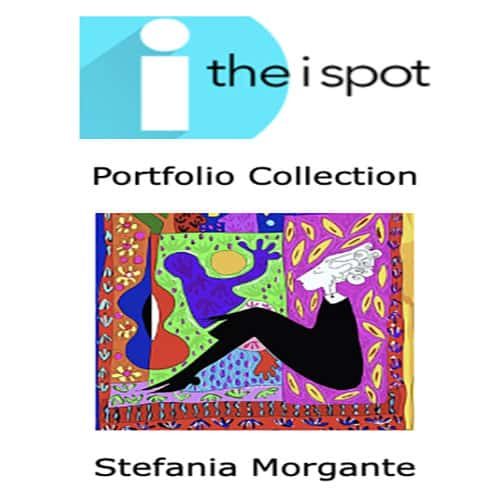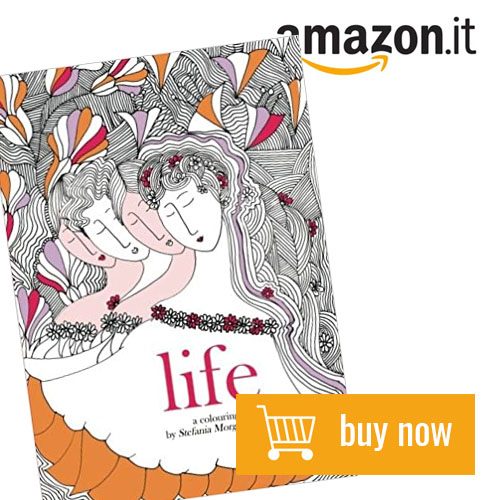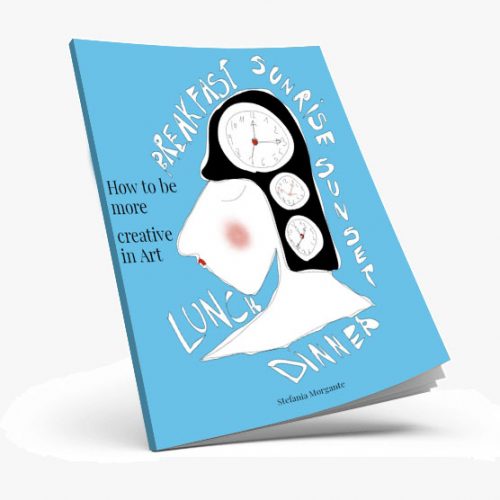A world of shapes and colors.
We know many aspects of Virginia Woolf‘s life. Her books, the essays written about her, the films that have been dedicated to her.
Yet we know less about her older sister Vanessa, a painter.
Without Vanessa, Virginia would probably have been different, such is the interweaving between the two sisters, both grown up in a non-conformist way.
Vanessa, unlike Virginia, lived in a creative chaos: children, lovers, friends, painting, decorating. All in the same space at the same time.
Under the same roof she housed friends, lovers and ex-lovers, endowed as one of her companions said, with an “extraordinary practical power“.
In the three-story house in Charleston, the couple Vanessa and Clive Bell, remained friends having exhausted their passion and although married, hosted their respective partners and all the children born from the marriage and other lovers.
So much the search for silence was in Virginia, so much the noise was in Vanessa.
Both artists, both very close to each other.
Yet one thing they had in common: the innermost thoughts of both remained obscure to all.
Vanessa Stephen’s art in Bell, was overshadowed by her bohemian private life and her sister Virginia. The first retrospective was in 2017, at the Dulwich Picture Gallery in London.
Vanessa painted as a child alongside her writing sister Virginia. In the same room.
Virginia about writing wrote in 1934 “words are an impure medium. It would have been much better to have been born in the silent realm of painting“.
Vanessa from her point of view had to say: “I live in a world of shapes and colors” and again “A great artist communicates what she feels, not what she sees”.
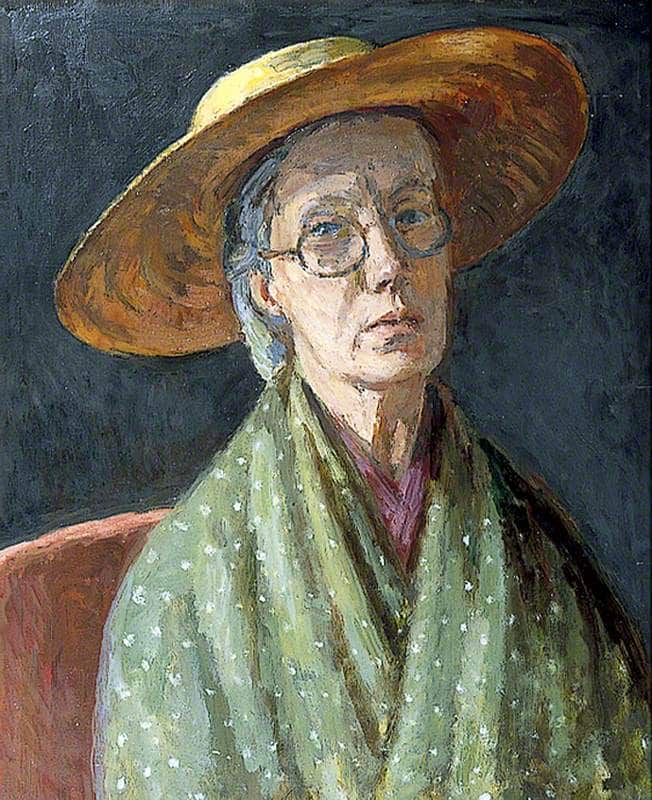
When I accidentally came across Vanessa’s paintings, I had the opportunity for the umpteenth time to think about how much a woman’s private life can erase, dilute and obscure her art.
The main paradox consists in the fact that even if we women seem to live with multitasking much better than men because of the conformation of our brain and the social culture to which we are accustomed, on the other hand, this very organization deprives us of the necessary space to express ourselves at our best.
Vanessa herself told Virginia “I wanted to sit in too many chairs at once“.
I believe that when we begin to delegate and deal with our feelings of guilt, perhaps everything will find its space.
Just these days Ursula von der Leyen, President of the European Commission, says that “too many of us were told that we had to choose between being a mother and having a career. As a mother of 7 and President of the European Commission, I bet we will make a difference. We need to promote the creation of the right conditions for all women to be able to have equal access to the job market and raise our children”.
She then adds that “we need to close the gender equality gap by 50% by 2030.”
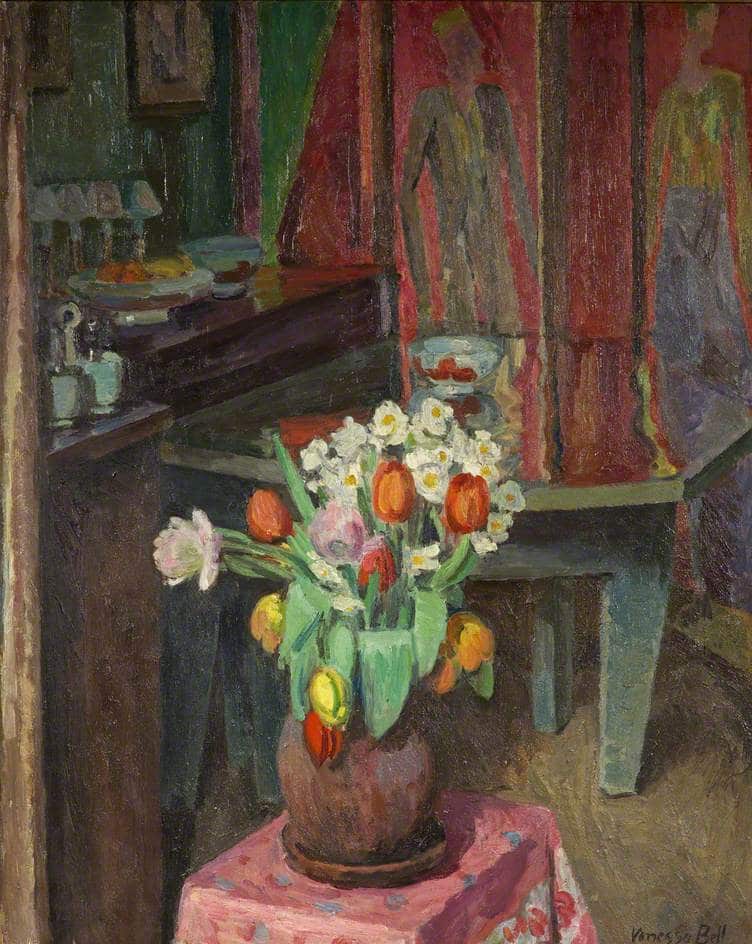
I would add more and it concerns those who do not have children and have to fill the gap of caring for the elderly in the family or have to care for someone who is sick instead of nurses and doctors.
A woman is tacitly put in the forefront almost always just for caring for family, both her own and her family of origin.
And the pandemic has exacerbated the problem.
It is necessary to create support and space for each of our stories, so that we can express ourselves in every field without having to put family problems before our own fulfillment.
In the artistic field, almost never considered a concrete and tangible sector, things have hardly changed over the centuries.
So much so that many female artists of every art have preferred to avoid getting married or giving birth to children. And yet they had to take care of fathers, mothers, sisters and brothers, other people’s children and manage houses and properties in place of distant fathers or brothers. And afterwards, much later, for example late at night or at dawn, devote themselves to their art.
If we add the difficulty of imposing one’s own art in society, where merchants pay less for paintings made by women, just as actresses or musicians are always paid less, one really wonders how so many talents have resisted over the centuries.
We have lost many of them, many of them we will never know who they were, having worked under pseudonyms or signed with the names of their husbands and companions.
The fact remains that there is an urgent need to rewrite much of the cultural history of many countries.
Because to sit on more chairs would be nice without wasting talent, choosing the chairs where to sit.
The real cultural revolution starts with us asking what we want and being determined to take it.
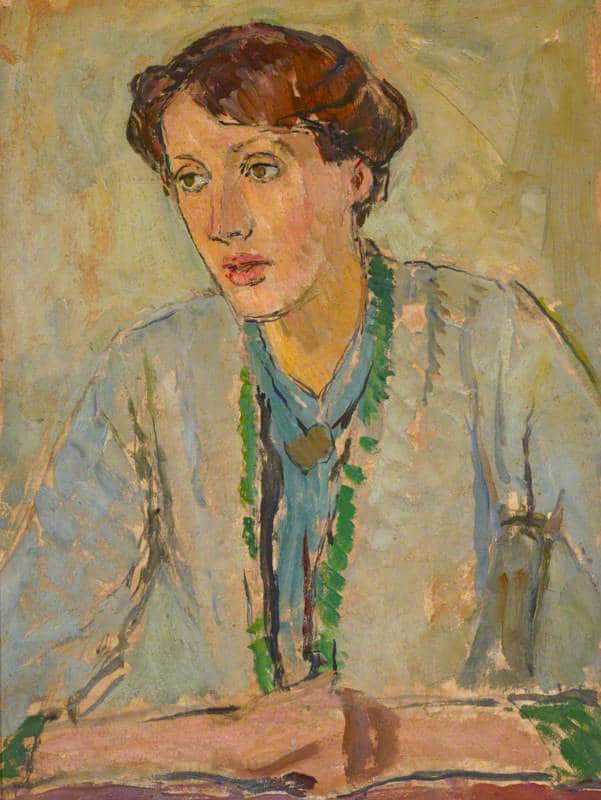
I play an ironic and bitter game: when I receive an invitation to a conference, a book presentation, a vernissage, in short, a cultural event, I check among the speakers to see how many women will be present. And if I see few or none, I decline any invitation and write politely pointing out the gap.
Will they end up inviting me to attend? Maybe.
But I choose my own time, ways of living and what to do with my desire to learn. If we don’t start with ourselves, very few things will change.
“True empowerment begins neither in the polls nor in the courts: it begins in the soul of the woman” (Emma Goldman).
I know what you want to add, along with men of course.
There is no cultural revolution by activating only 50% of the population.
I wish you a week full of beautiful projects. If you have witnessed a “revolutionary” act for women, read an interesting article or book about it, write to me.
You might be part of one of the next newsletters.
I look forward to seeing you!
